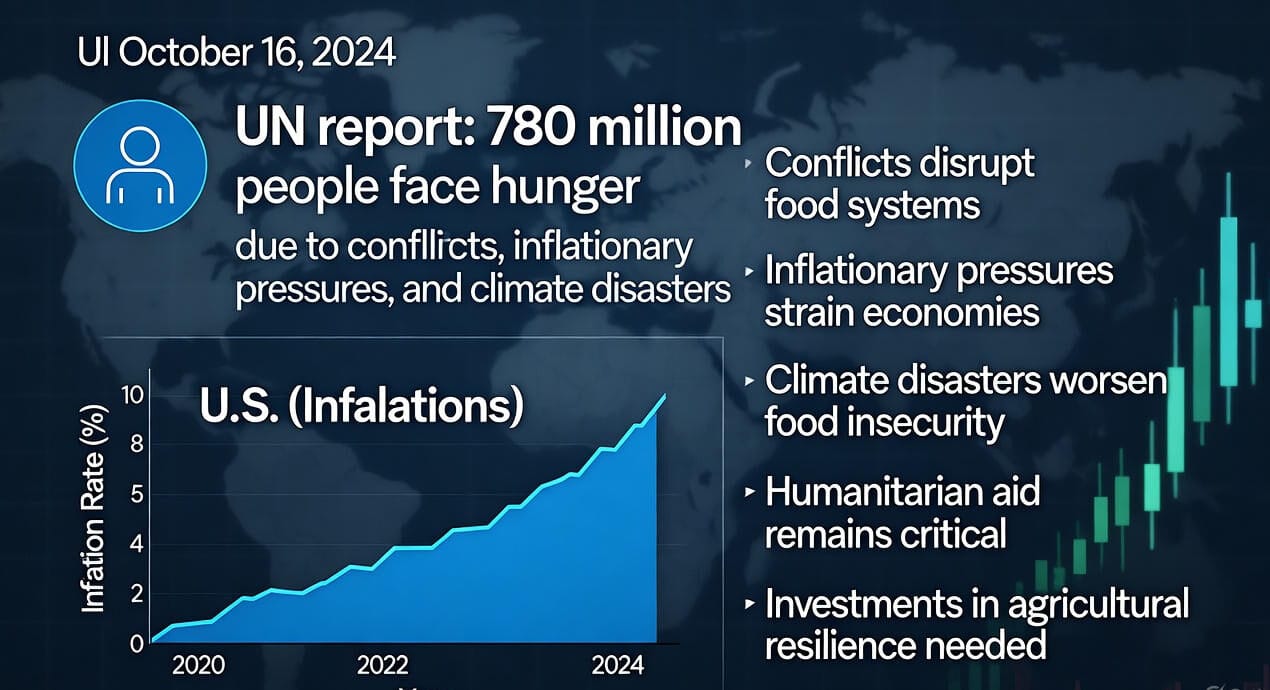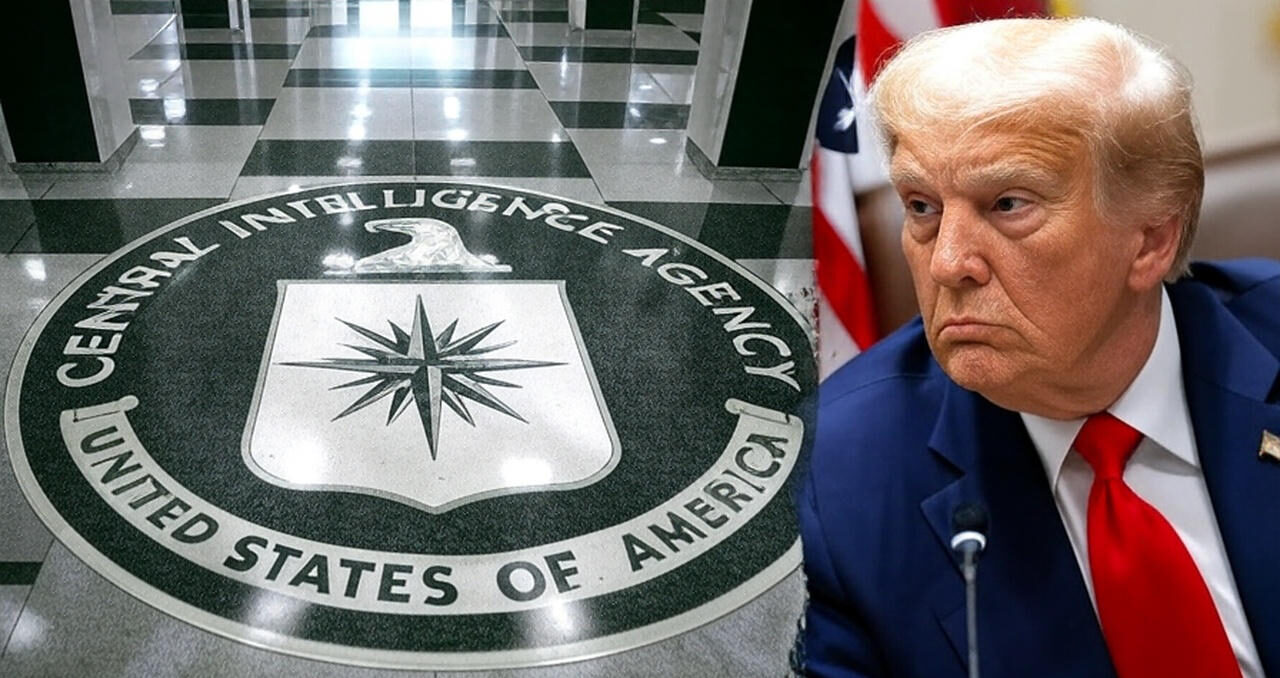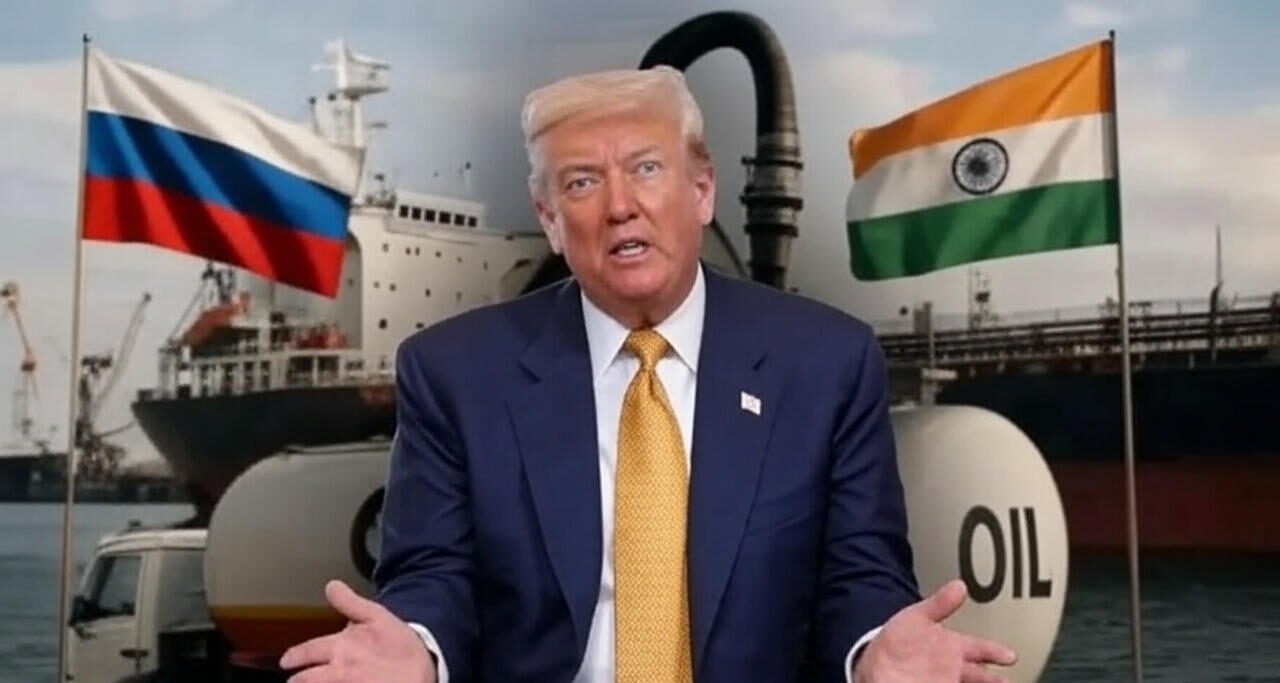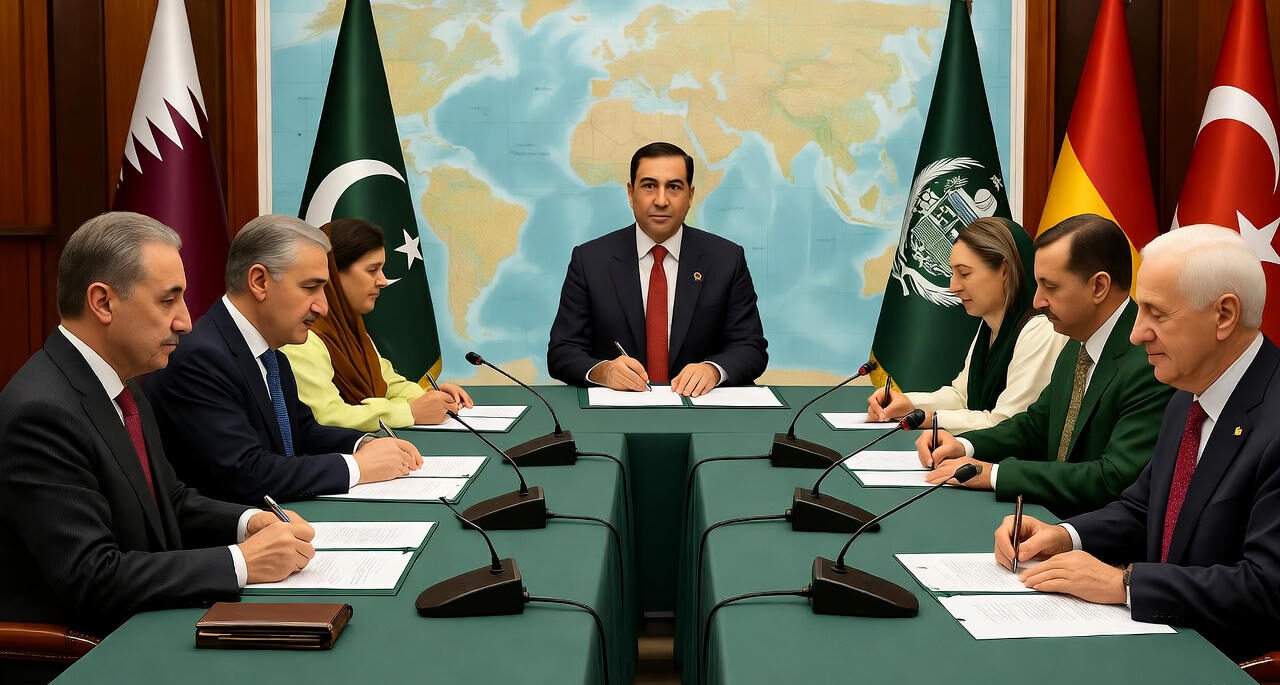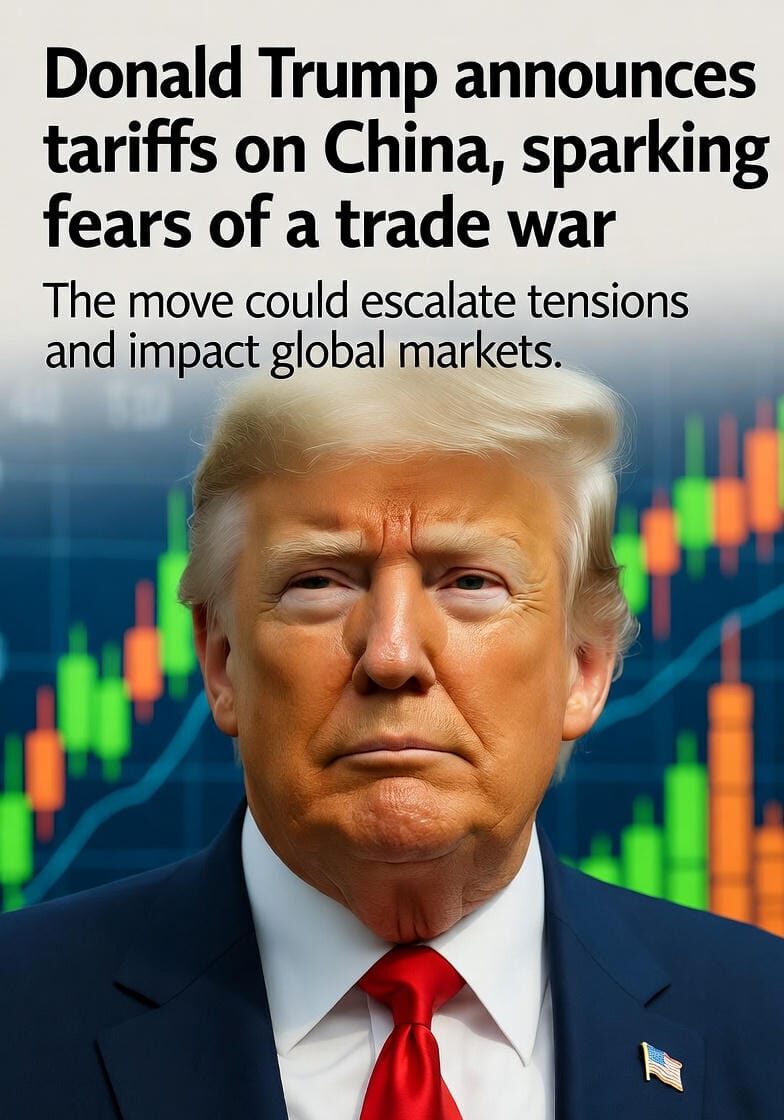
On August 6, 2025, U.S. Health and Human Services (HHS) Secretary Robert F. Kennedy Jr. announced the immediate suspension of nearly $500 million in federal funding allocated for the development of mRNA vaccines. This decision, affecting research into vaccines for diseases such as influenza and COVID-19, has ignited a firestorm of debate among public health experts, researchers, and policymakers. The move raises critical questions about the future of vaccine innovation and the United States’ preparedness for future pandemics.
Background of the Decision
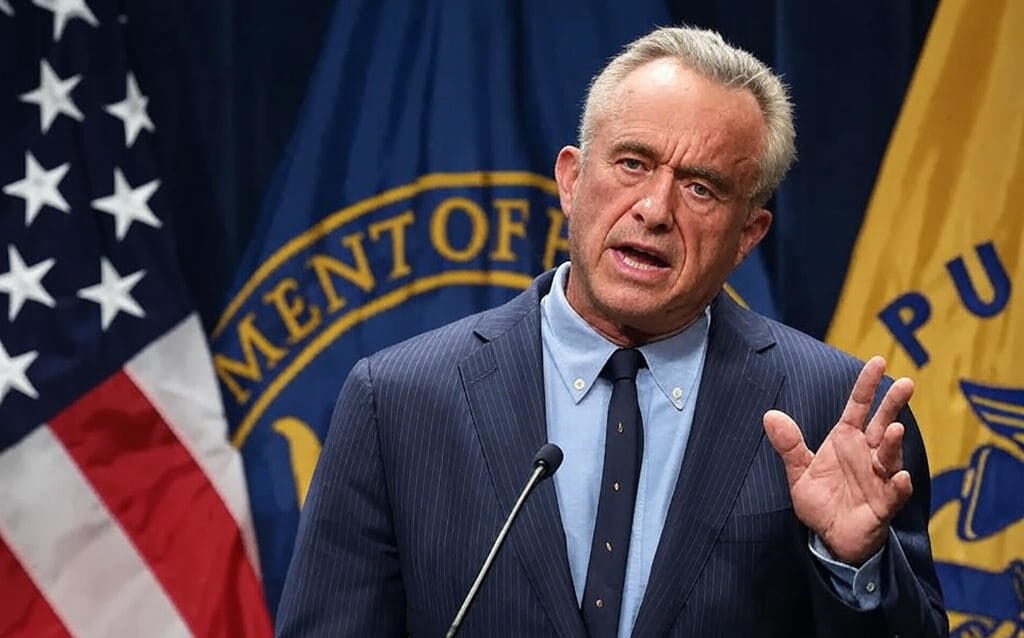
The mRNA vaccine platform, which gained prominence during the COVID-19 pandemic, has been hailed as a revolutionary advancement in medical science. Vaccines like those developed by Pfizer-BioNTech and Moderna demonstrated unprecedented speed and efficacy in combating SARS-CoV-2. The technology’s flexibility allows it to be adapted for various pathogens, making it a cornerstone of modern vaccine research. The halted funding was part of a broader initiative to support mRNA-based solutions for infectious diseases, including seasonal flu and potential future pandemics.
Secretary Kennedy, a known skeptic of certain vaccine technologies, cited concerns about the long-term safety and efficacy of mRNA vaccines as a primary reason for the funding cut. In a statement, he emphasized the need to redirect resources toward “alternative, proven methods” for disease prevention, though specifics on these alternatives remain unclear. The decision aligns with the current administration’s broader push to reevaluate federal health spending priorities.
Implications for Public Health
The suspension of $500 million in funding is expected to disrupt ongoing research at academic institutions, pharmaceutical companies, and government laboratories. Projects aimed at refining mRNA vaccines to address emerging variants of COVID-19 or developing universal flu vaccines are now at risk. Experts warn that this could delay breakthroughs that might prevent future outbreaks or mitigate seasonal epidemics.
Dr. Sarah Thompson, an infectious disease specialist at Johns Hopkins University, expressed concern: “mRNA technology has proven its value in addressing rapidly evolving pathogens. Cutting funding now could set us back years in our ability to respond to the next public health crisis.” She noted that mRNA vaccines have undergone rigorous safety evaluations, with data from billions of doses administered globally showing a strong safety profile.
On the other side, supporters of the decision argue that redirecting funds could bolster research into other preventive measures, such as therapeutics or non-mRNA vaccine platforms. They also point to rare side effects, such as myocarditis in young males following mRNA vaccination, as justification for a more cautious approach. However, the consensus among major health organizations, including the CDC and WHO, is that the benefits of mRNA vaccines far outweigh these risks for the vast majority of the population.
Economic and Global Ramifications
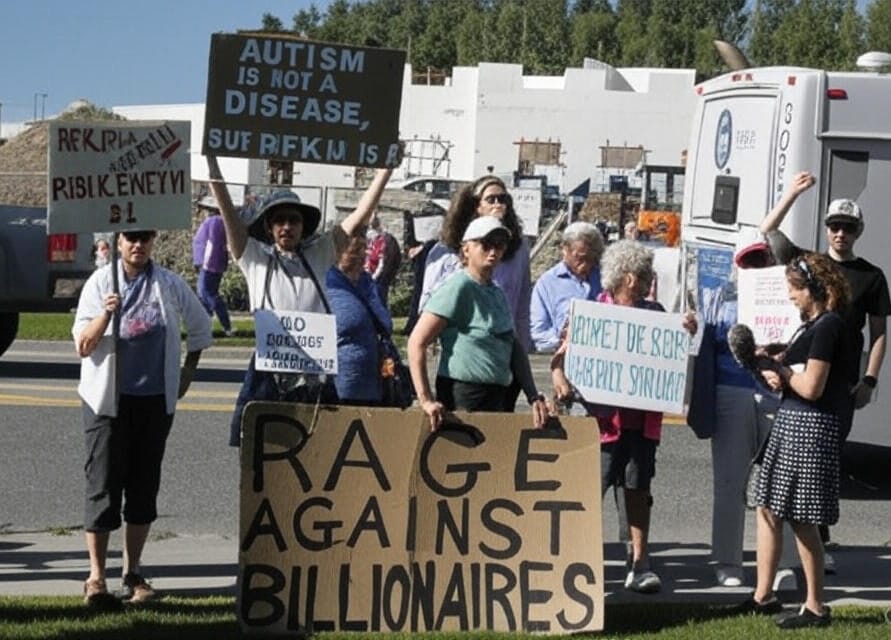
The funding cut could also have economic repercussions. The U.S. biotechnology sector, a global leader in vaccine development, may face setbacks as companies struggle to secure private funding to fill the gap. Smaller firms, in particular, could be forced to scale back or abandon projects, potentially stifling innovation. Moreover, this decision may weaken the U.S.’s position as a leader in global health, as other nations continue to invest heavily in mRNA technology.
Internationally, the move has raised eyebrows, particularly in countries relying on U.S.-developed vaccines. The halt could strain partnerships and reduce access to cutting-edge vaccines in low-income nations, where mRNA technology has been pivotal in addressing vaccine inequity.
The Path Forward
The debate over this decision underscores a broader tension between innovation and skepticism in public health policy. Critics argue that the funding cut reflects a politicization of science, while proponents view it as a necessary reevaluation of priorities. As the Biden administration navigates this controversy, stakeholders are calling for transparent discussions involving scientists, policymakers, and the public to chart a balanced path forward.
In the coming months, the HHS is expected to release a detailed plan outlining how redirected funds will be used. For now, the suspension of mRNA vaccine funding remains a polarizing decision, with significant implications for the future of public health in the United States and beyond.
